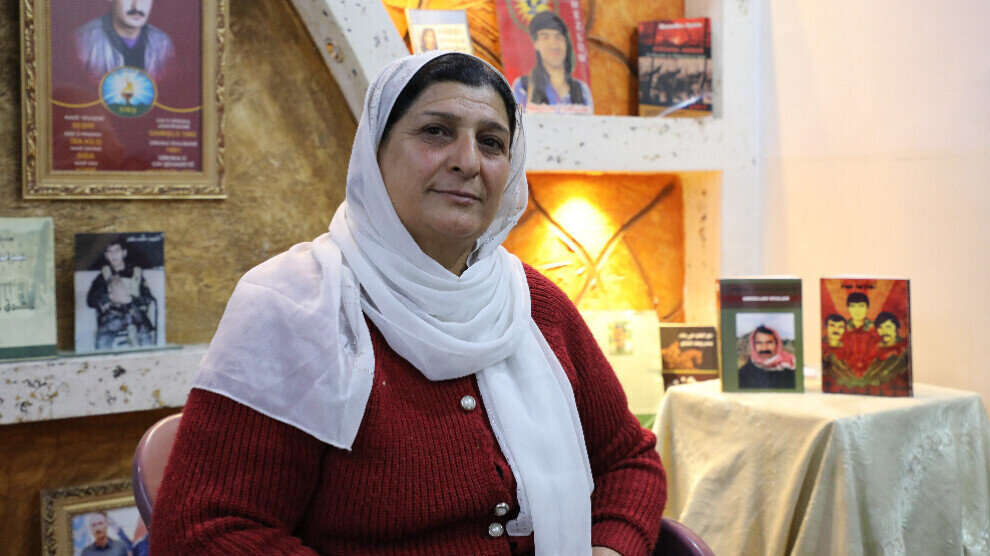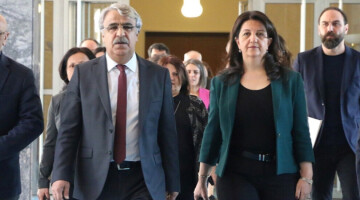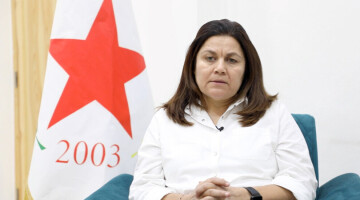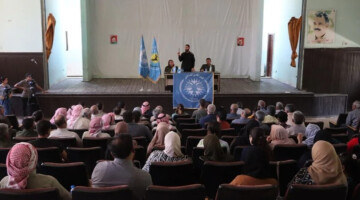Cihan Gulo is from Qamishlo. Gulo, who lives in the Hilêliyê neighborhood, spoke to ANF on the social consequences of the PKK's presence in the region. Gulo stated that her family first became acquainted with the PKK in 1984: "At that time, a friend named Leyla came to our house. She discussed the general situation with my uncle. It was the first time I had seen a woman discussing with a man. We were incredibly amazed. Afterwards, comrade Leyla gathered all the women in the house and we discussed together. We had many conversations and were shocked at what she told us. This was a novelty for us. Before, there was nothing for us women. We didn't know who we were, what Kurds were, what women were. Nothing at all. We loved everything about the PKK people, how they moved, their respect, their attitude towards mothers and children. Through them we learned to love the revolution."
More and more joined the revolutionary struggle
Cihan Gulo recounts how many of her family joined the PKK: "We were not alone in the willingness to sacrifice that arose when the PKK was founded and continues to this day. There was a real competition at the time to see who from which family would join the revolution first. In this sacrificial attitude, it continued until today. We have never repented and never will."
"We understood the importance of Newroz"
Gulo noted that she understood the true meaning of Newroz during that time, "In Qamishlo, thousands were on their feet. People flocked to the Newroz site. There were demonstrations, actions and slogans. Perhaps it was a Newroz with such passion as is not even celebrated today.”
Artists from the family
“At that time, many people from our family were in the music group Koma Xelat. Then they formed their own group, Koma Çiya. Since the group consisted mainly of people from our family, our house was chosen for rehearsals. There were not many opportunities for band rehearsals at that time, everything was done at our house. I supported the group at that time."















